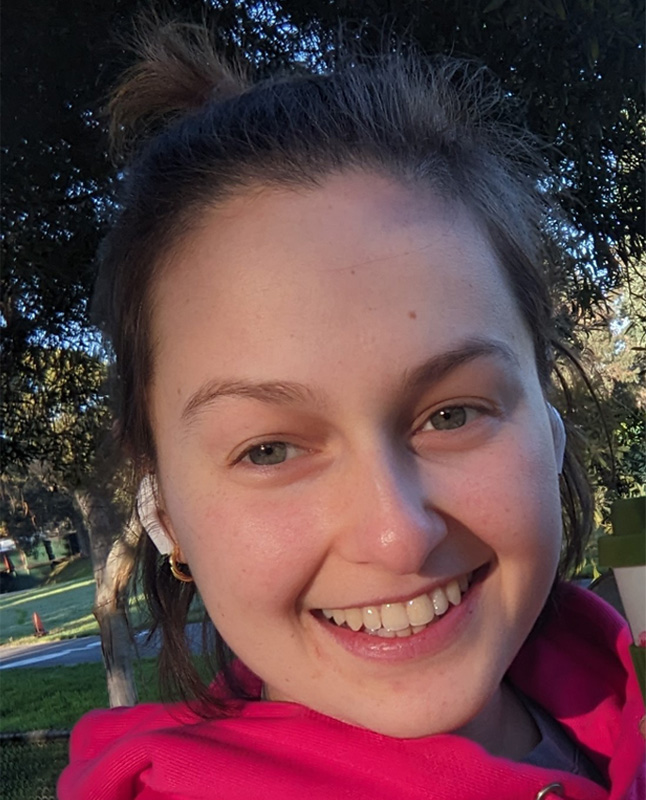Graduates are highly employable in human services organisations, community-based agencies, various levels of government and increasingly in corporate and private enterprise.
Some graduates help to develop social policy; some engage in research; some assist communities develop their own services; and some provide services to individuals and families. In a social work career, there are ample opportunities to pursue different specialisations and interests.
With a working knowledge of social science, research and social work, graduates are eligible for a wide range of human services or community jobs in areas such as:
- child protection
- dispute mediation and industrial relations
- health services and hospitals
- human resource management
- policy and advocacy work
- community development projects
- program and organisational development
- immigration advice and referral centres
- federal and state government departments (Centrelink, Department of Human Services)
- youth and family services.
Possible job titles include social worker, counsellor advocate, case manager, child protection officer, human resource manager, social policy officer, policy adviser, community worker, community development manager and mediator.



